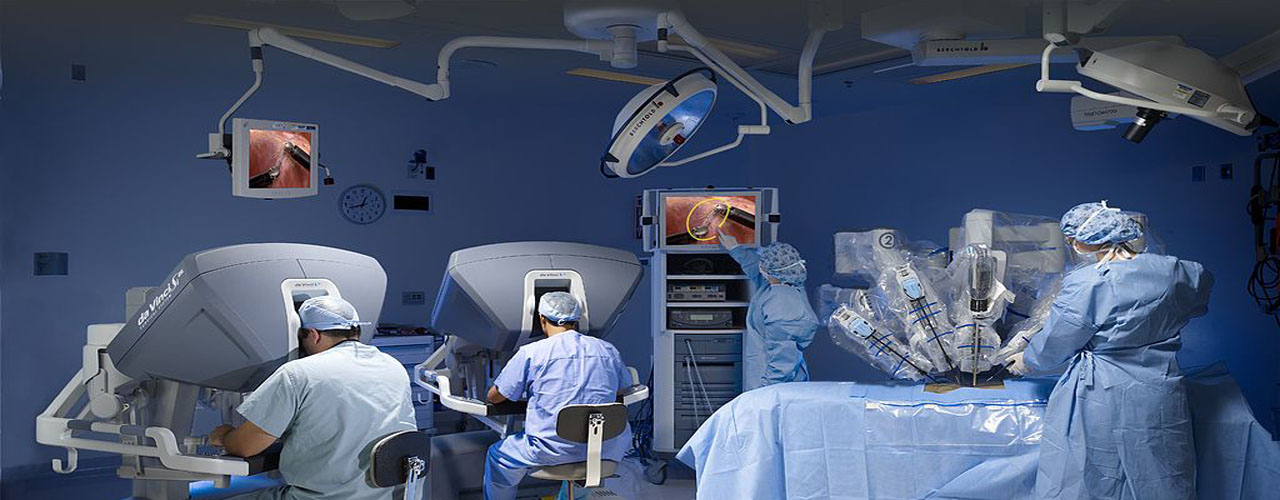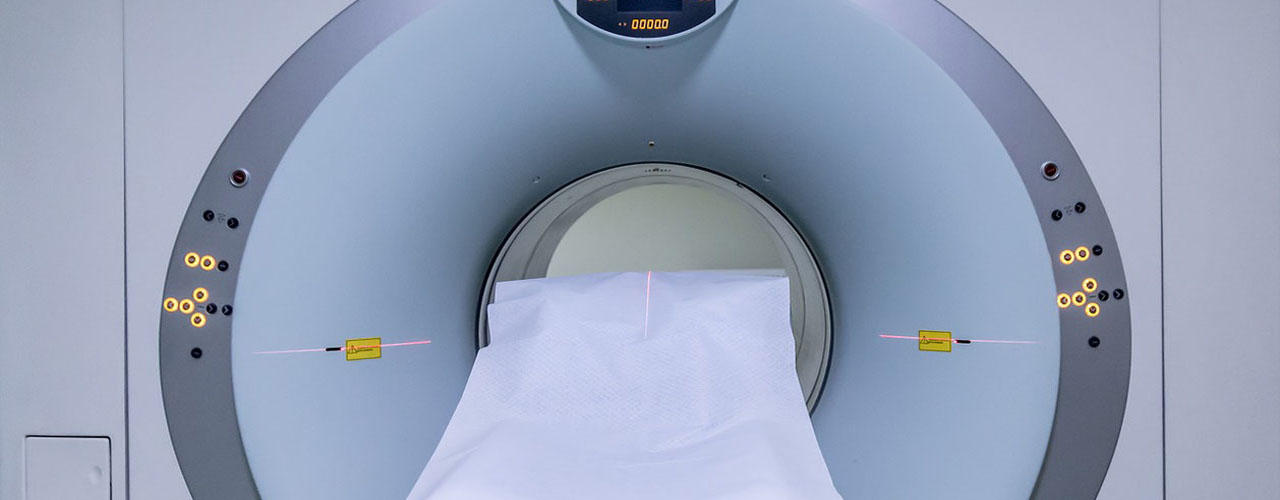DIETI Contact person / Partner: Nicola Pasquino
Abstract
Understanding when a patient with bladder cancer is in a real progression of disease requires a great deal of interpretation of a huge amount of data that often may not be analyzed effectively by the oncologist when a decision must be taken. The aim of the research is to develop an appropriate classification of cancer that indicates, through machine learning techniques and statistical analysis of patients’ clinical variables, the status of the bladder cancer, how it is progressing and if a change of therapy is needed. The research will be in cooperation with Clinical Research Technology S.r.l. (IT), European Institute of Oncology (IT) and Klinik Sankt Moritz (CH).
Objective
The aim is to help the oncologist to better understand when a change of therapy is needed through machine learning methodologies and statistical analysis of clinical variables such as the patient's medical condition, the aggressiveness of the cancer, the effectiveness of the treatments.
Download
Available
Can be assigned to one doctoral student of cycle XXXVI
DIETI Contact person / Partner: Nicola Pasquino
Abstract
In oncological patients, pain is one of the most disabling symptoms. The correct approach to pain treatment has a positive impact on her prospectives to afford other therapies for recovery. Therapist defines treatment based on subjective pain scales and continuously refine drug dosages, based on the patient responses, in a loop that sometimes hardly converging. This project aims at creating an automatic pain assessment protocol, based on the collection of multimodal data generated during a patient's life. Patients will be remotely monitored, recording texts (questionnaires), video (self-report), biometric parameters (recorded via personal devices), drug timing scheduling, etcetera. This project falls in the area of big data technologies for health. Physicians will cooperate with computer scientists and data analysts to design, process, and evaluate this flux of data to be used both for real-time monitoring and training of AI systems.
Objective
- the creation of a dataset for pain assessment substituting subjective scale for self-evaluation;
- the definition of an interventionist protocol in the field of refining treatments and drug dosages;
- the design of AI-based decision making systems in the field of big data for oncological purposes.
Download
Available
Can be assigned to one doctoral student of cycle XXXVI
DIETI Contact person / Partner: Francesco Verde
Abstract
In subjects with autoimmunity (i.e., multiple sclerosis), an important aspect of the immune system is how T lymphocytes respond to T cell receptor (TCR) stimulation. This is a key event controlling the fate of naïve T lymphocytes impacting on activation, differentiation and regulation of the immune response, which has been shown to be impaired in subjects with autoimmunity. T cell responsiveness is inherently stochastic (i.e., it cannot be predicted a priori) due to different sources of noise that are intrinsically produced by the underlying biochemical reactions. Such a noise may influence T cell activation grade by degrading the information transmission from the TCR.
Objective
The aim is to help the oncologist to better understand when a change of therapy is needed through machine learning methodologies and statistical analysis of clinical variables such as the patient's medical condition, the aggressiveness of the cancer, the effectiveness of the treatments.
Download
Available
Can be assigned to one doctoral student of cycle XXXVI
DIETI Contact person / Partner: Anna Rita Fasolino
Abstract
Software applications for the Health care are becoming more and more widespread and complex, as they can rely on the most modern ICT technologies. To cite a few, they can be developed as event-based and context-aware mobile systems, can be integrated with distributed software architectures for data collection, use machine learning techniques to support decision-making processes, or exploit virtual or augmented reality technologies. To manage the complexity of developing this type of system and assure their quality, acceptability and dependability, it is increasingly necessary to invest in the search for new development paradigms, architectures and techniques that simplify their development and validation.
Objective
- Develop innovative model driven solutions for the development, testing, validation and certification of mobile, sensor-based and context-aware solutions for health care domain;
- Carry out experimental validation of the proposed approaches by case studies in selected health care fields
Download
Available
Can be assigned to one doctoral student of cycle XXXVI
DIETI Contact person / Partner: Antonio Maria Rinaldi
Abstract
The need of having advanced tools for data analysis is one of the most important trends in the current economic, technological and social scenario and, nowadays, it is mainly based on methodologies and techniques of artificial intelligence and BigData. One of the goals of modern medicine is the "precision medicine", whose purpose is to offer personalized treatments based on the specific characteristics of patients and pathologies. In this context, new analysis techniques such as Radiomics is becoming a novel research field. The analysis of the large number of data derived from medical images allows to recognize many characteristics of cancers and they can be integrated with other molecular and genomic characteristics by obtaining further correlations.
Objective
The implementation of a decision support system based on a sematic multimedia bigdata to support the analysis of medical images represented by novel radiomics descriptors and texture analysis.
Download
Available
Can be assigned to one doctoral student of cycle XXXVI
DIETI Contact person / Partner: Francesco Gentile
Abstract
What we release into the environment can come back to us, often with negative effects. At high exposure levels, environmental pollution can cause adverse health effects. There are no doubts on the negative effects of environmental pollution on human health, what can still be verified is the correlation between implicated variables (lifestyle, pollutant, social context) and the appearance of many diseases (respiratory, oncological, etc.).
This project aims to integrate a huge amount of health, socio-economic and environmental data in order to determine the cause-effects relationships between environmental pollution and human health. In particular, the goal is to propose the study and the development of a forecast model related to the spread of pollutants in a given area and of a correlation model between the concentration of the very same pollutants and health data of people living in the analysed geographical area.
It’s of utmost importance to ensure the semantic interoperability between different databases, i.e. the capability of a computer system to cooperate and exchange data with other systems, in a more or less complete and error-free way, with reliability and resource efficiency. Interoperability’s purpose is to ease interaction between different systems as well as data exchange and reuse between not homogenous information systems.
Objective
The increase in pollution-related diseases turned science’s attention to the correlation between man-environment to safeguard the living condition of the planet and its inhabitants. Starting from the concentration maps of the pollutants taken into consideration it will be possible to identify impact areas and/or the ones with higher pollutants concentrations. Information obtained will support the acknowledgment of a correlation with health data regarding patients suffering respiratory, oncologic, etc. The development of knowledge on the relationship between environment and human health is mandatory to develop programs useful in protecting environment and in preventing related diseases.
Download
Available
Can be assigned to one doctoral student of cycle XXXVI










